Toys: The Building Blocks of Childhood
Ah, childhood! A magical time when the world is an endless playground and imagination knows no bounds. For kids, the universe is their oyster, and toys are the pearls that make it sparkle. In this blog, we're going to explore the significance of toys in a child’s life and why they are more than just plastic and plush. Buckle up and prepare for a whimsical ride into the toy-filled wonderland of childhood!
The Toy Story Begins
Remember when you were a kid, and the mere sight of a toy store was like stumbling upon a treasure trove? The joy of stepping into a world of colorful playthings is something every child cherishes. Toys are not just objects; they are an essential part of a child’s growth and development. They stimulate creativity, enhance cognitive abilities, and foster social skills. Plus, let’s be honest, they provide parents with those much-needed quiet moments of sanity!
Why Toys Matter
Spark Creativity and Imagination
Ever watched a kid play with a cardboard box and pretend it’s a spaceship, a house, or even a castle? That’s the power of imagination at work! Toys serve as catalysts for creativity, allowing children to create their own narratives and scenarios. Whether it’s dressing up dolls, building blocks, or action figures, toys encourage kids to think outside the box (pun intended). They help in shaping a child’s understanding of the world and stimulate their imagination in ways a screen can’t.
Promote Cognitive Development
Toys are to kids what gym equipment is to athletes. Puzzles, memory games, and building sets challenge the brain and help in developing problem-solving skills and hand-eye coordination. Remember those times you struggled to fit the square peg into the round hole? That was your brain getting a workout! Educational toys also introduce basic concepts like colors, numbers, and shapes, laying the foundation for future learning.
Enhance Social Skills
Sharing is caring, but try telling that to a toddler clutching their favorite toy! Toys teach children valuable social skills like sharing, cooperation, and negotiation. Playing with others encourages kids to communicate, express their emotions, and develop empathy. Whether it’s a game of hide-and-seek or a make-believe tea party, toys facilitate interactions that help children build relationships and learn the importance of teamwork.
Toys Through the Ages
The toy industry has evolved significantly over the years, adapting to the changing tastes and needs of children. Let’s take a quick trip down memory lane and see how toys have changed over the decades.
1950s-1960s: The post-war era saw the rise of classic toys like Barbie, Lego, and Mr. Potato Head. These toys were not only entertaining but also encouraged creativity and role-play.
1970s-1980s: This period was all about action figures and electronic games. G.I. Joe, Transformers, and the introduction of video games like Atari and Nintendo changed the way children played and interacted with toys.
1990s-2000s: The digital revolution brought with it a new era of toys. Tamagotchis, Furby, and the iconic Beanie Babies became the must-haves of this era. Toys were becoming more interactive, incorporating technology to enhance the play experience.
2010s-Present: Today’s toys are a blend of traditional play and modern technology. From app-enabled toys to augmented reality games, the options are endless. However, the classics like board games, puzzles, and building sets continue to hold their charm, proving that sometimes, old is gold.
The Unspoken Benefits of Toys
While toys are primarily seen as sources of entertainment, they offer several unspoken benefits that contribute to a child’s holistic development.
Stress Relief
Yes, kids can get stressed too! Toys provide an outlet for them to express their emotions and decompress. Whether it’s cuddling a stuffed animal or building an elaborate Lego city, toys help children cope with anxiety and frustration.
Develop Fine Motor Skills
Playing with toys that require manipulation, like building blocks or puzzles, helps develop fine motor skills. These skills are essential for everyday activities like writing, buttoning a shirt, or tying shoelaces.
Boost Confidence
There’s nothing like the feeling of accomplishment a child gets after solving a puzzle or building a towering block structure. Toys help boost a child’s confidence and self-esteem, encouraging them to take on new challenges.
The Parent’s Role in the Toy World
As much as kids love toys, it’s the parents who hold the key to the toy chest. It’s important for parents to choose toys that are age-appropriate, safe, and stimulating. Encouraging a balance between educational and fun toys can make playtime both enjoyable and enriching.
Parents should also participate in their child’s playtime. It’s a great way to bond with your child and understand their interests and personality. Plus, it’s a fantastic excuse to relive your own childhood!
Wrapping It Up: Toys Are More Than Just Playthings
In the grand scheme of things, toys are not just frivolous objects scattered across the living room floor. They are the building blocks of childhood, shaping a child’s mind and personality. They teach valuable life skills, spark creativity, and provide endless hours of fun. So the next time you see a toy, remember that it’s more than just a plaything; it’s a gateway to a world of imagination and discovery.
And for the parents out there, embrace the chaos of a toy-filled house. After all, a messy playroom is a sign of a happy child!
The Toy Story Begins
Remember when you were a kid, and the mere sight of a toy store was like stumbling upon a treasure trove? The joy of stepping into a world of colorful playthings is something every child cherishes. Toys are not just objects; they are an essential part of a child’s growth and development. They stimulate creativity, enhance cognitive abilities, and foster social skills. Plus, let’s be honest, they provide parents with those much-needed quiet moments of sanity!
Why Toys Matter
Spark Creativity and Imagination
Ever watched a kid play with a cardboard box and pretend it’s a spaceship, a house, or even a castle? That’s the power of imagination at work! Toys serve as catalysts for creativity, allowing children to create their own narratives and scenarios. Whether it’s dressing up dolls, building blocks, or action figures, toys encourage kids to think outside the box (pun intended). They help in shaping a child’s understanding of the world and stimulate their imagination in ways a screen can’t.
Promote Cognitive Development
Toys are to kids what gym equipment is to athletes. Puzzles, memory games, and building sets challenge the brain and help in developing problem-solving skills and hand-eye coordination. Remember those times you struggled to fit the square peg into the round hole? That was your brain getting a workout! Educational toys also introduce basic concepts like colors, numbers, and shapes, laying the foundation for future learning.
Enhance Social Skills
Sharing is caring, but try telling that to a toddler clutching their favorite toy! Toys teach children valuable social skills like sharing, cooperation, and negotiation. Playing with others encourages kids to communicate, express their emotions, and develop empathy. Whether it’s a game of hide-and-seek or a make-believe tea party, toys facilitate interactions that help children build relationships and learn the importance of teamwork.
Toys Through the Ages
The toy industry has evolved significantly over the years, adapting to the changing tastes and needs of children. Let’s take a quick trip down memory lane and see how toys have changed over the decades.
1950s-1960s: The post-war era saw the rise of classic toys like Barbie, Lego, and Mr. Potato Head. These toys were not only entertaining but also encouraged creativity and role-play.
1970s-1980s: This period was all about action figures and electronic games. G.I. Joe, Transformers, and the introduction of video games like Atari and Nintendo changed the way children played and interacted with toys.
1990s-2000s: The digital revolution brought with it a new era of toys. Tamagotchis, Furby, and the iconic Beanie Babies became the must-haves of this era. Toys were becoming more interactive, incorporating technology to enhance the play experience.
2010s-Present: Today’s toys are a blend of traditional play and modern technology. From app-enabled toys to augmented reality games, the options are endless. However, the classics like board games, puzzles, and building sets continue to hold their charm, proving that sometimes, old is gold.
The Unspoken Benefits of Toys
While toys are primarily seen as sources of entertainment, they offer several unspoken benefits that contribute to a child’s holistic development.
Stress Relief
Yes, kids can get stressed too! Toys provide an outlet for them to express their emotions and decompress. Whether it’s cuddling a stuffed animal or building an elaborate Lego city, toys help children cope with anxiety and frustration.
Develop Fine Motor Skills
Playing with toys that require manipulation, like building blocks or puzzles, helps develop fine motor skills. These skills are essential for everyday activities like writing, buttoning a shirt, or tying shoelaces.
Boost Confidence
There’s nothing like the feeling of accomplishment a child gets after solving a puzzle or building a towering block structure. Toys help boost a child’s confidence and self-esteem, encouraging them to take on new challenges.
The Parent’s Role in the Toy World
As much as kids love toys, it’s the parents who hold the key to the toy chest. It’s important for parents to choose toys that are age-appropriate, safe, and stimulating. Encouraging a balance between educational and fun toys can make playtime both enjoyable and enriching.
Parents should also participate in their child’s playtime. It’s a great way to bond with your child and understand their interests and personality. Plus, it’s a fantastic excuse to relive your own childhood!
Wrapping It Up: Toys Are More Than Just Playthings
In the grand scheme of things, toys are not just frivolous objects scattered across the living room floor. They are the building blocks of childhood, shaping a child’s mind and personality. They teach valuable life skills, spark creativity, and provide endless hours of fun. So the next time you see a toy, remember that it’s more than just a plaything; it’s a gateway to a world of imagination and discovery.
And for the parents out there, embrace the chaos of a toy-filled house. After all, a messy playroom is a sign of a happy child!
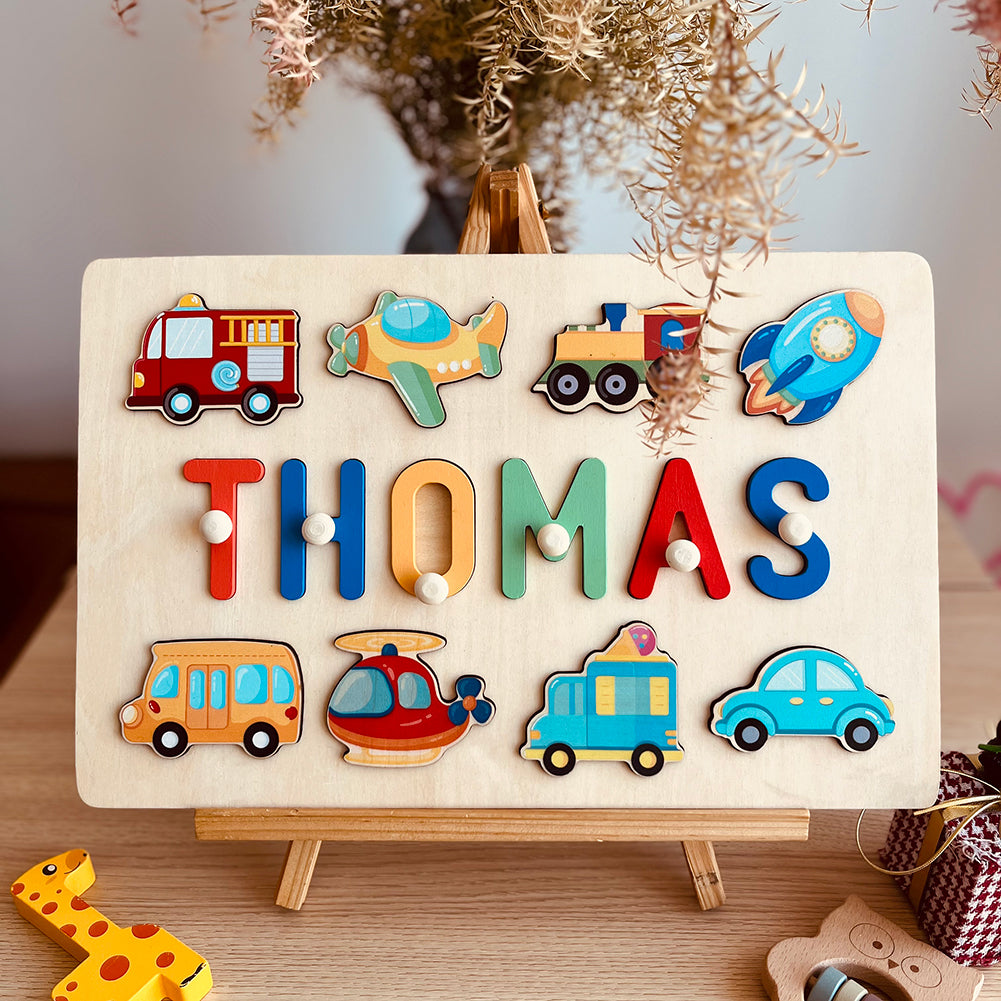
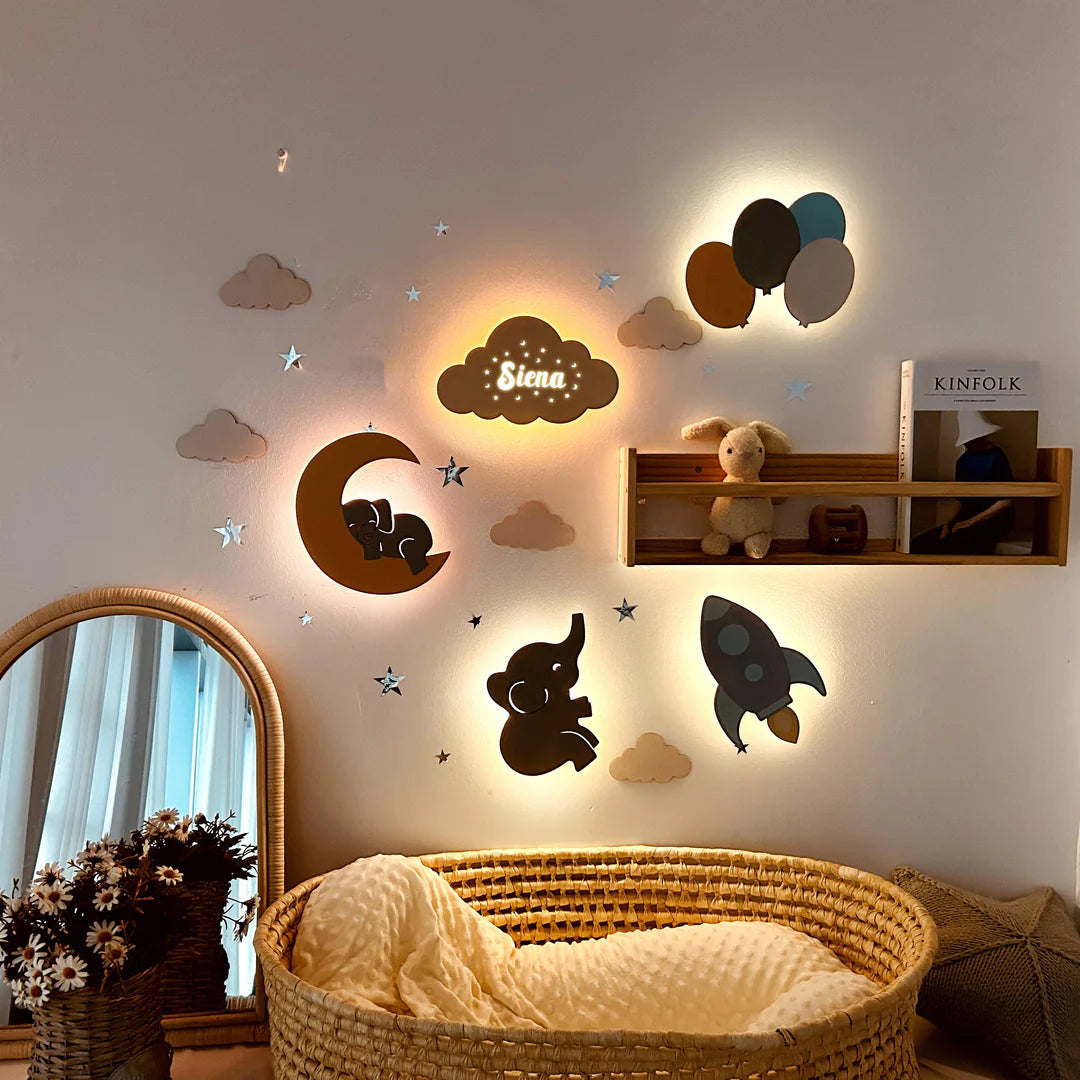


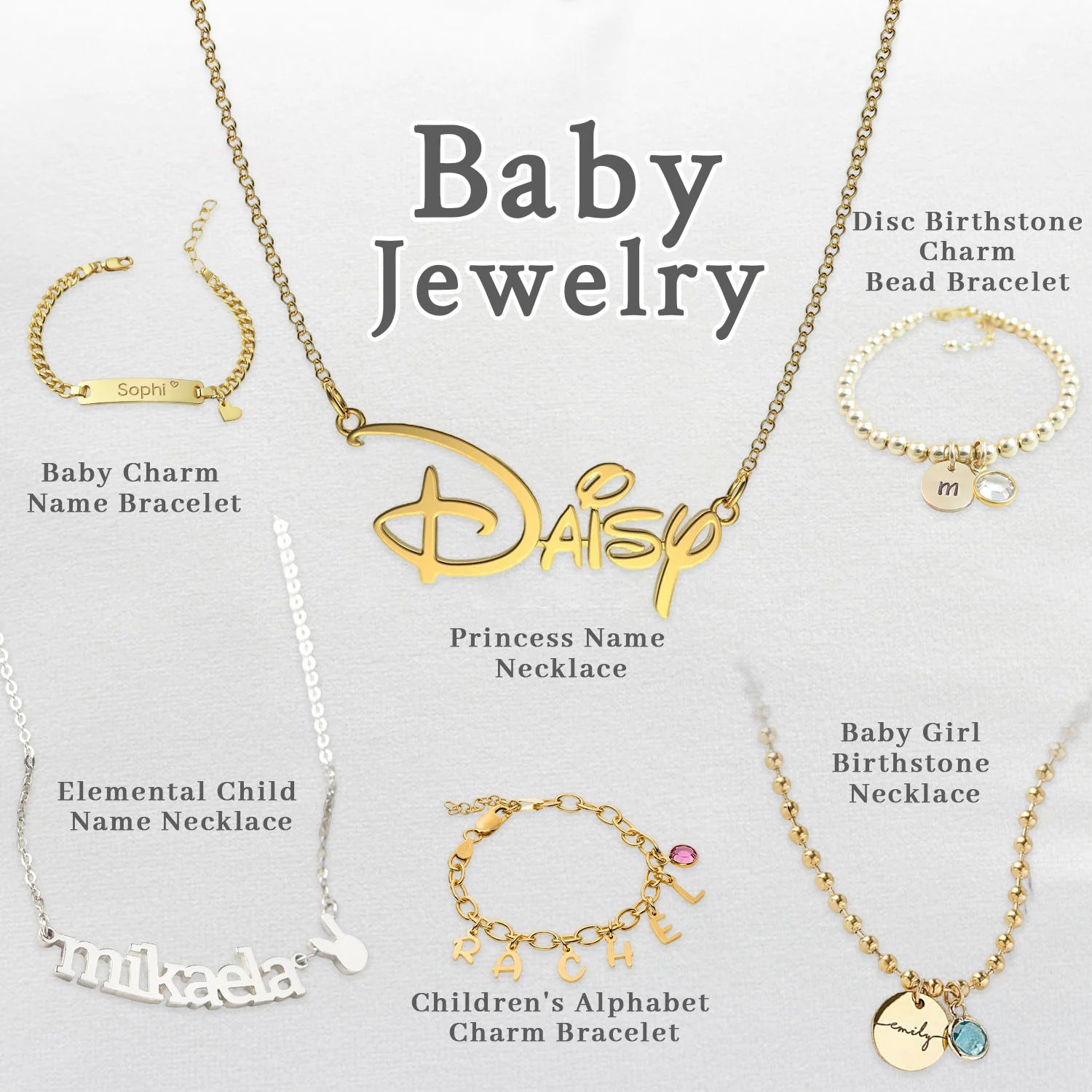
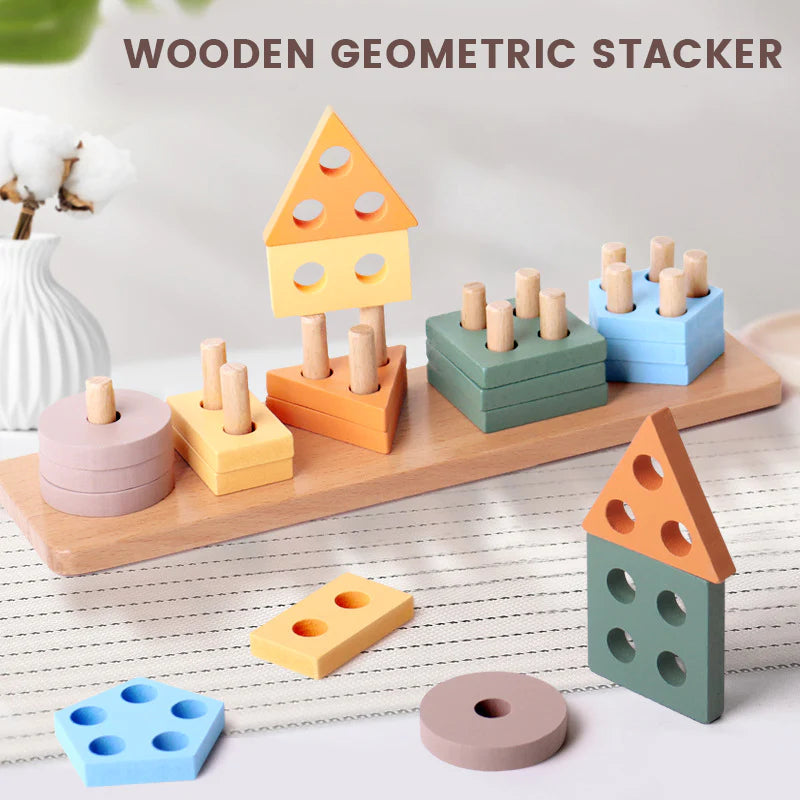



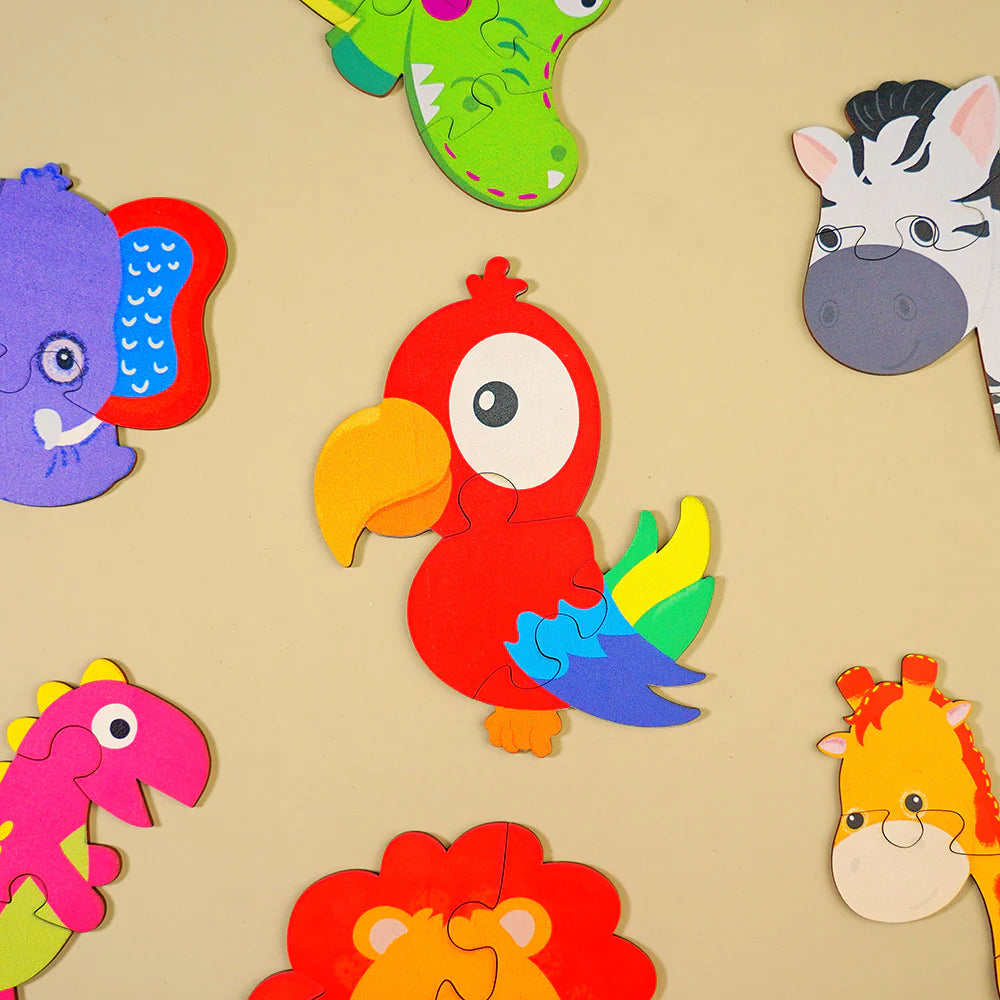
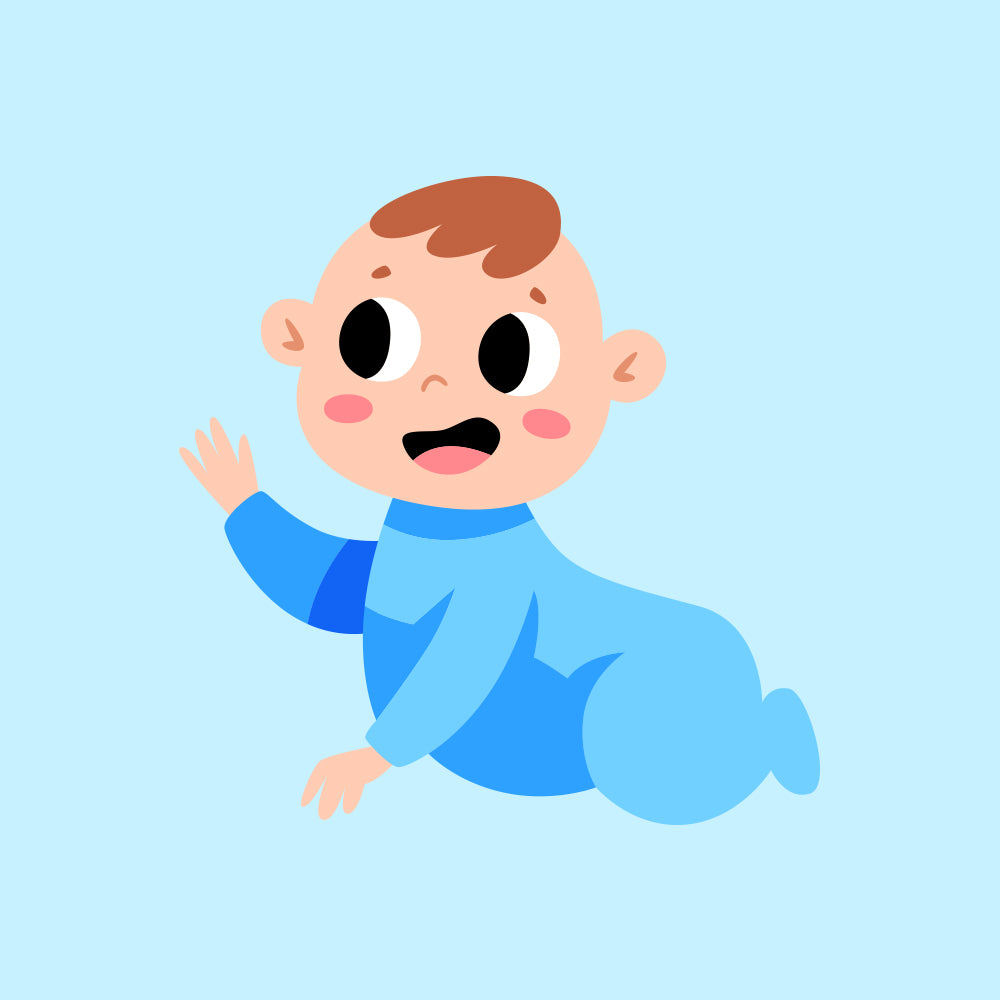
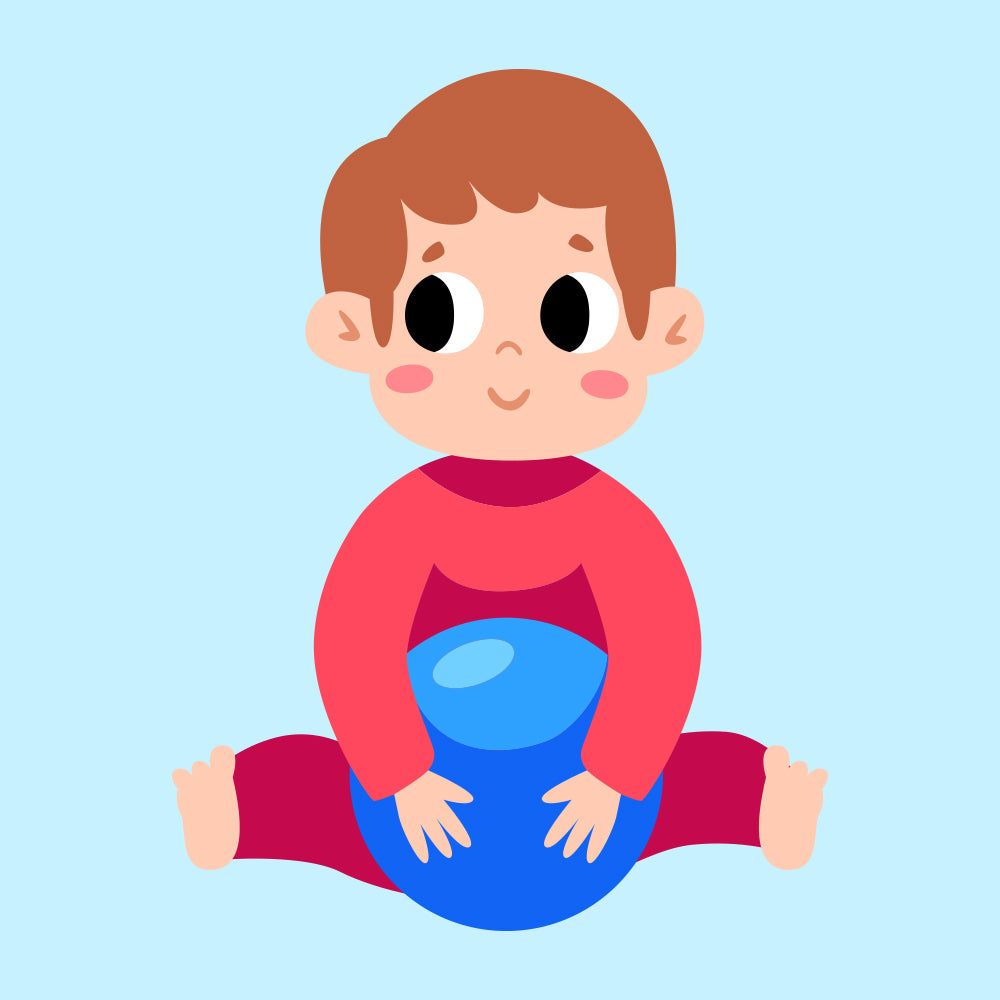
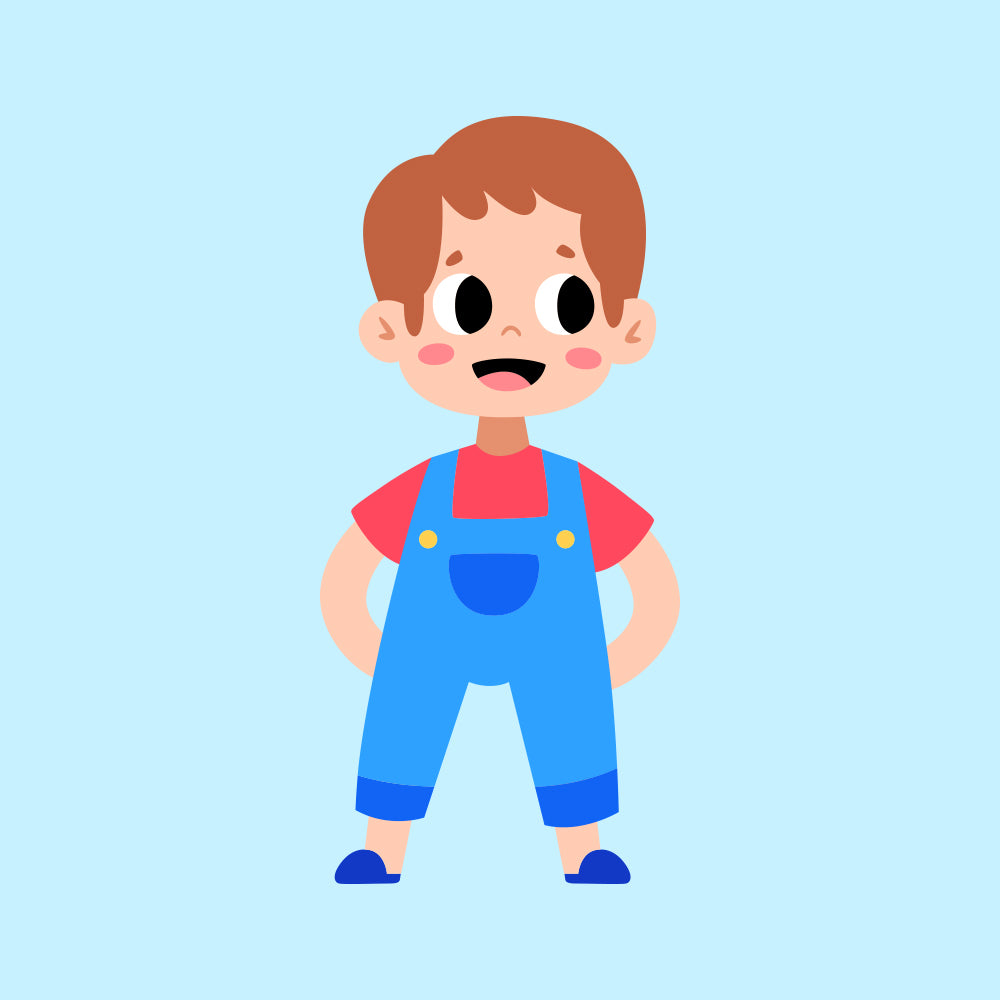
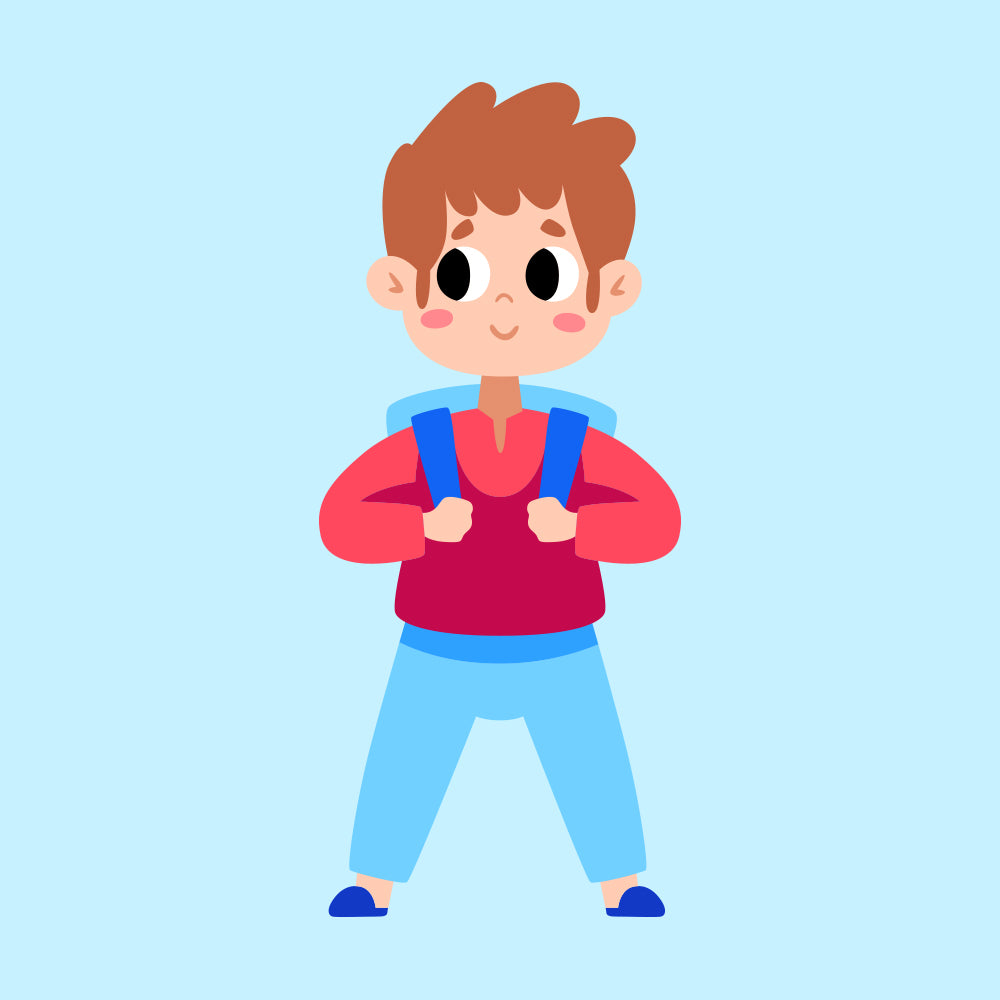
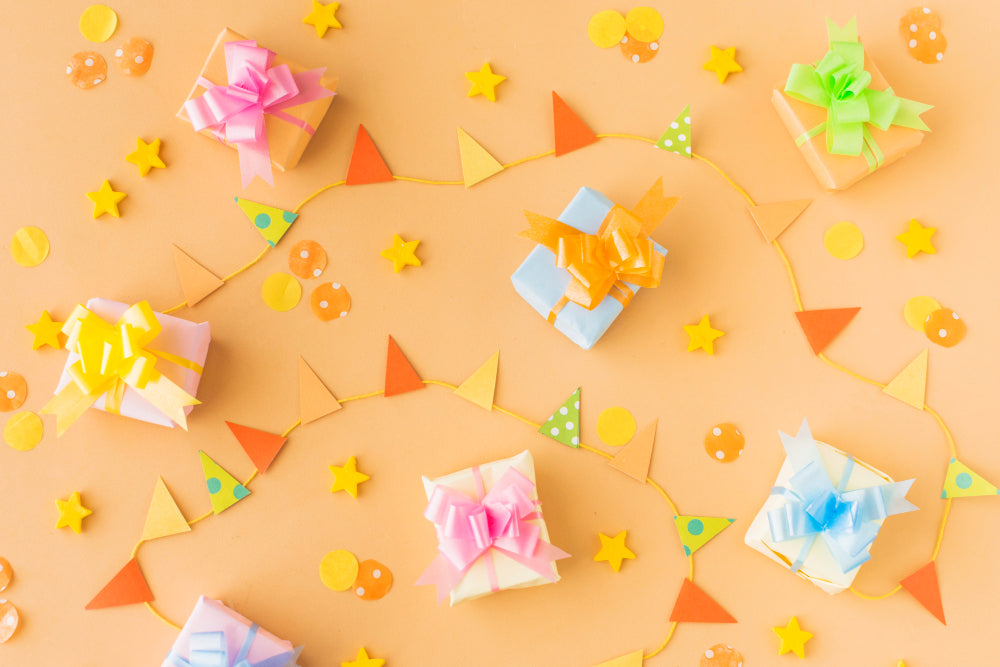
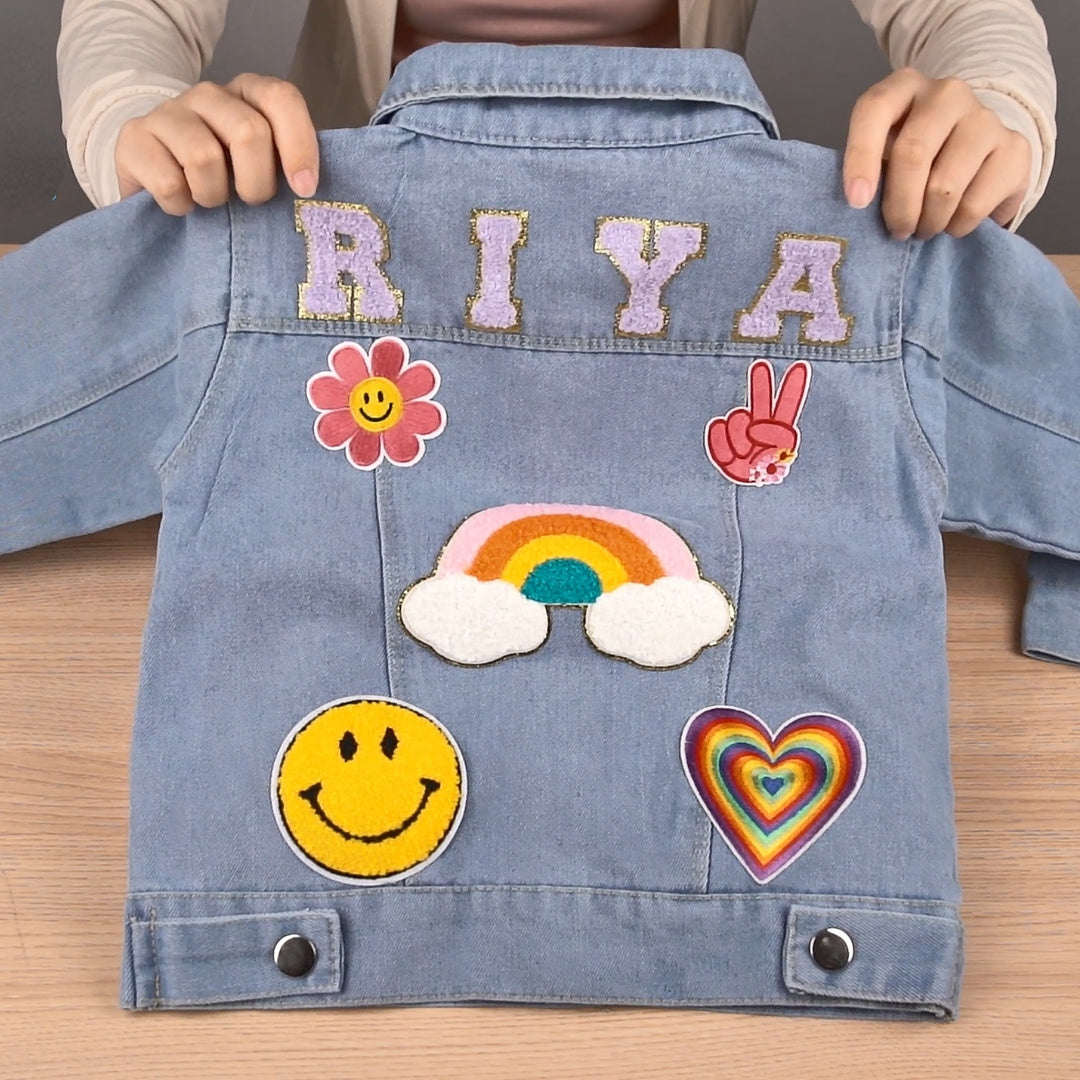


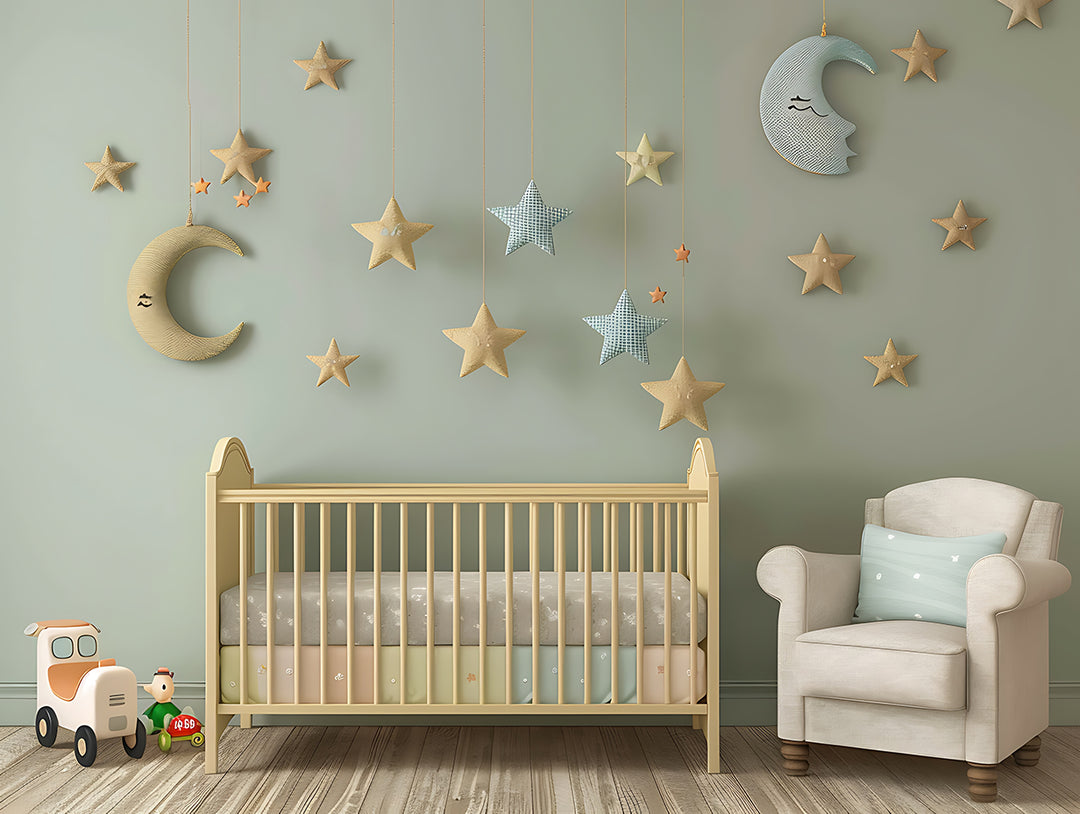
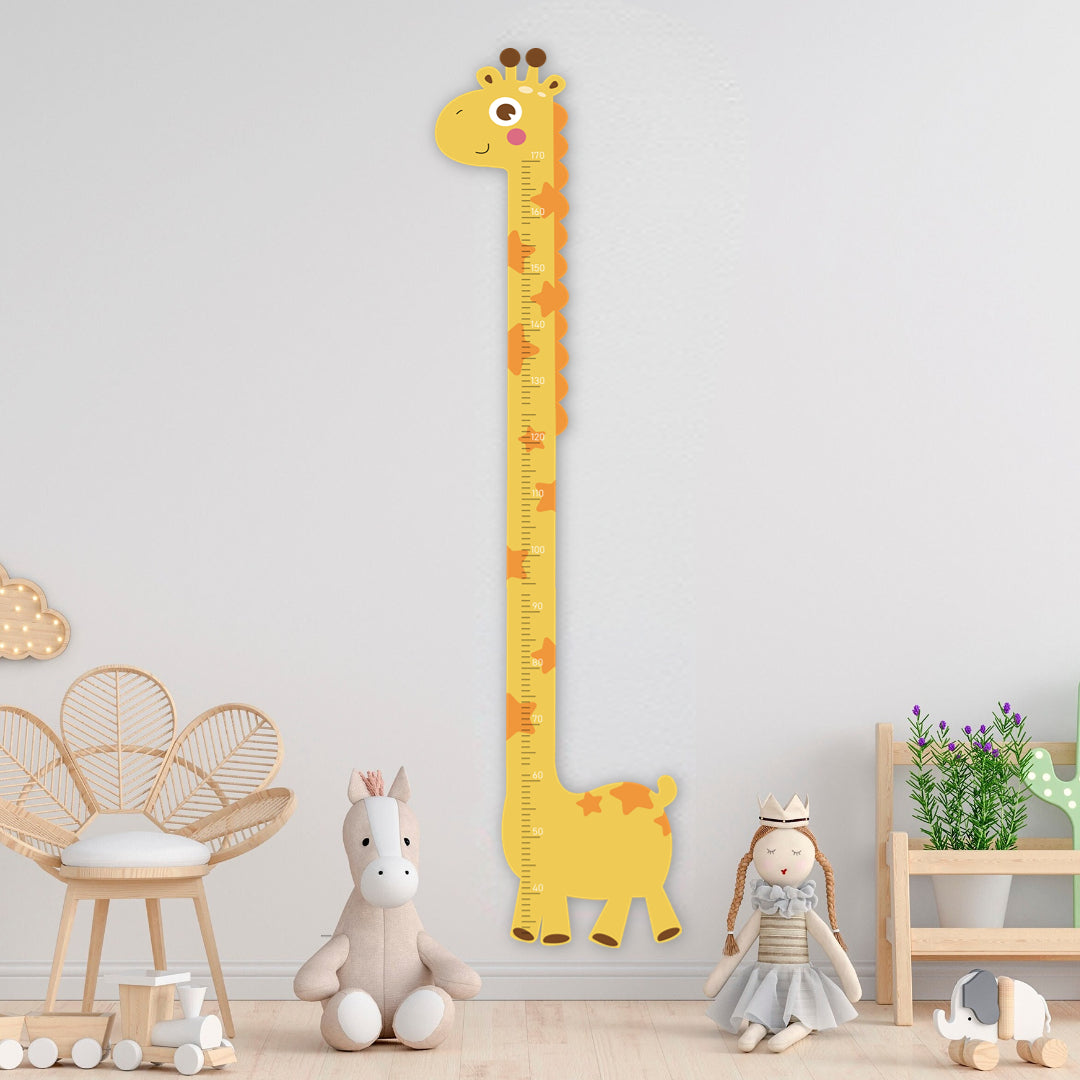
Leave a comment